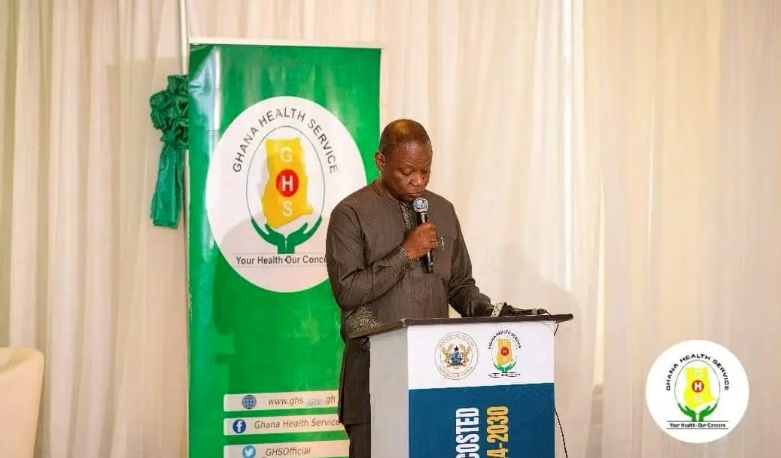The Ghana Health Service has launched the Ghana Family Planning Costed Implementation Plan (CIP) 2024-2030, a six-year plan aimed at advancing family planning in the country. This plan seeks to expand coverage from 3% to 75% by 2027 and ultimately to 100% by 2030, while increasing domestic funding for family planning commodities to 20% by 2030.
Osabarima Ansah Sasraku, Chief of Mamfe Akuapem, emphasized that family planning is a fundamental human right, enabling individuals to make informed choices about their socio-economic futures. Dr. Patrick Kuma Aboagye, Director-General of the Ghana Health Service, acknowledged progress but called for collective efforts to combat myths and misconceptions hindering access to family planning services.
The launch event featured solidarity messages from USAID and UNFPA Ghana, urging increased domestic financing for family planning. Deputy Minister of Health Alex Kwasi Acquah officially launched the CIP, reaffirming the government’s commitment to its smooth implementation.
Ghana has made significant progress in economic growth and social development, but maternal mortality remains a concern. The CIP aims to address this by increasing access to quality family planning services.
The Ghana Family Planning Costed Implementation Plan is part of the government’s efforts to reposition family planning programs in the country. It outlines strategies for improving sexual and reproductive health services.
The CIP is expected to cost $114 million and will focus on increasing access to family planning services, especially for adolescents and youth. This aligns with Ghana’s commitments to the Family Planning 2030 global movement.
By 2030, the Ghana Health Service aims to ensure equitable and timely access to quality family planning information, commodities, and services for all persons of reproductive age. This will contribute significantly to reducing maternal mortality and improving overall health outcomes.
The successful implementation of the CIP will require sustained commitment from the government, stakeholders, and development partners. With increased domestic financing and collective efforts, Ghana can achieve its family planning goals and improve the well-being of its citizens.




